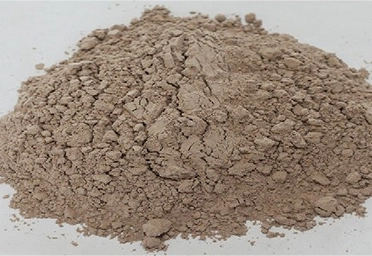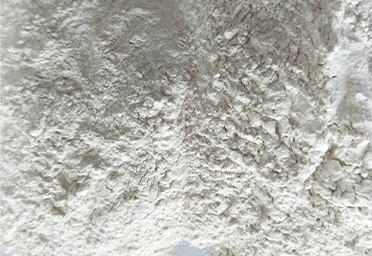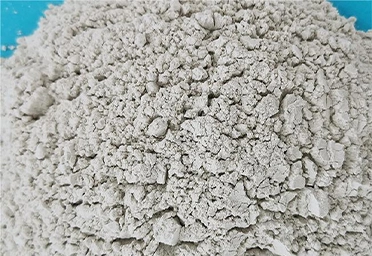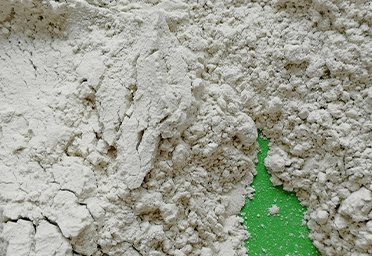Bentonite generally has a hardness of 1-2 (some are relatively hard) and a density of 2-3g/cm3. Also known as porphyry or bentonite, it is a type of non-metallic minerals mainly composed of montmorillonite. Bentonite is generally white or light yellow, and due to changes in iron content, it appears light gray, light green, pink, brown red, brick red, gray black, etc. Hardness 1-2, density 2-3 g/cm3.
According to the type, content, and layer charge of exchangeable cations in montmorillonite, bentonite can be divided into sodium based bentonite (alkaline soil), calcium based bentonite (alkaline soil), natural bleached clay (acidic soil or acidic white soil), among which calcium based bentonite also includes calcium sodium and calcium magnesium bases.
If you are looking for reliable bentonite suppliers, North Industries is a leading company in this field, providing high-quality types of minerals non metallic for various applications.





Bentonite serves several important functions in both feed and cat litter products. In animal feed, especially for livestock, bentonite is used as a binder and a pelleting agent. It helps improve the durability and integrity of feed pellets, preventing them from crumbling during handling and transportation.
Additionally, bentonite for sale can act as a mycotoxin binder, absorbing and immobilizing harmful mycotoxins present in the feed, thus promoting animal health. In cat litter products, bentonite's exceptional absorbent properties are harnessed to create clumping cat litters. When the litter comes into contact with moisture, such as cat urine, it forms tight, scoopable clumps that can be easily removed, maintaining a cleaner and more convenient litter box environment.
Calcium bentonite is one of the two main types of bentonite, the other being sodium bentonite. The primary distinction lies in the dominant exchangeable cation in the crystal structure. Calcium bentonite has calcium ions as the predominant exchangeable cations, whereas sodium bentonite contains sodium ions. Calcium bentonite generally swells to a lesser extent than sodium bentonite when exposed to water.
The specific properties of calcium bentonite, such as its cation exchange capacity, absorption capacity, and rheological behavior, differ from sodium bentonite, making each type suitable for specific applications. Calcium bentonite is often used in environmental applications, drilling fluids, and certain industrial processes.
